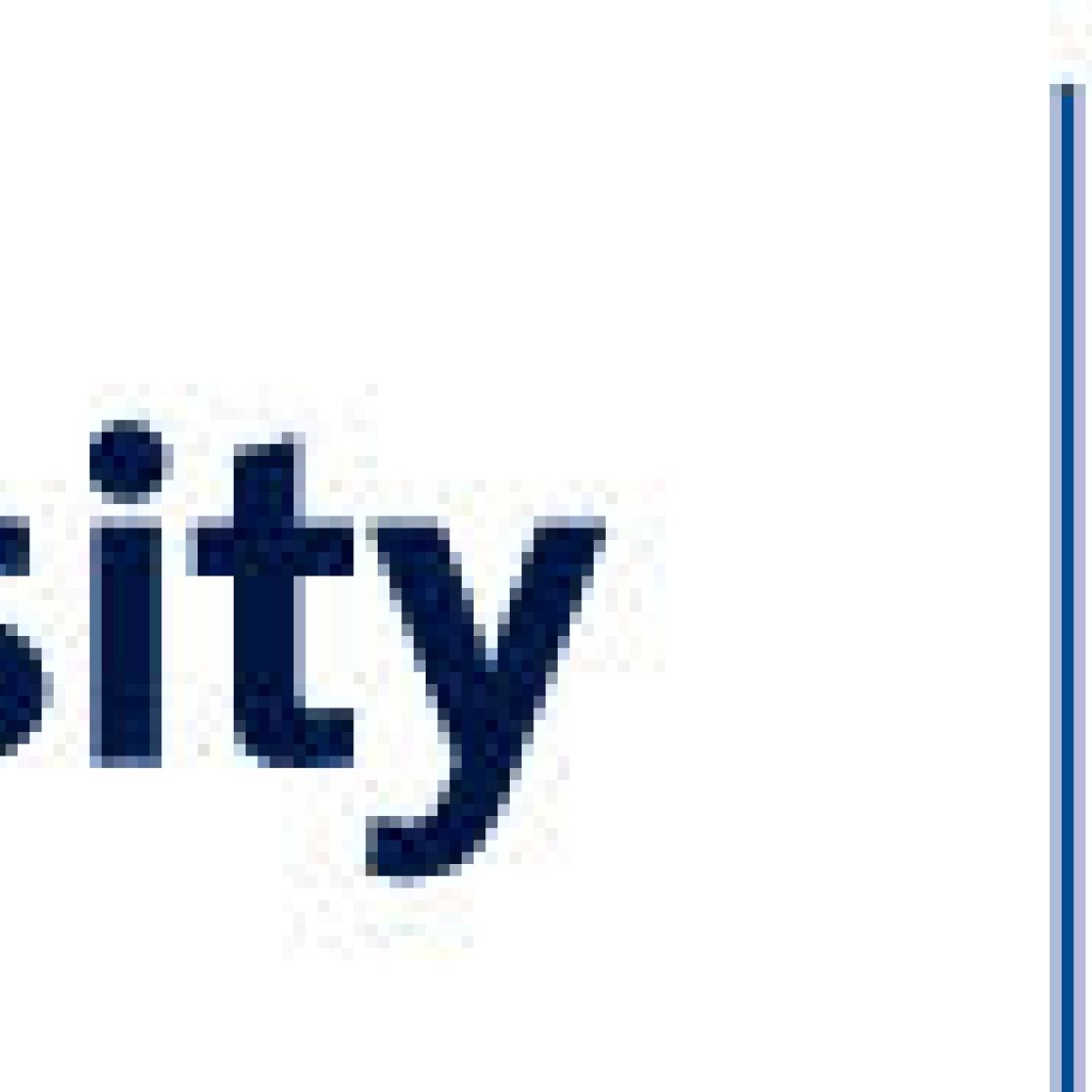Eating Disorders
Crossroad
Research theme: Rehabilitation and Prevention
Clinical pillar: Eating Disorders
All activities are directed towards patients who are “Not eating” – enough, healthy or normally – because of fear of gaining weight (Anorexia Nervosa), fear of aversive consequences of eating or of the food, or fear of certain food structures, or lack of interest in food (Avoidant/Restrictive Food Intake Disorder, ARFID). This includes research on recognition and diagnosis of subtypes of eating disorders, and on treatment effectiveness. There is a collaboration with SeysCentra (treatment for youth with ARFID), who installed a special chair “Feeding and eating disorders”.
Unique contributions and highlights
Recent highlights include:
- Contributions to research and cognitive behavioural treatment of paediatric food refusal (ARFID) (collaboration with Seyscentra, PhD candidate Eric Dumont).
- Development of ARFID in children and the role of tube feeding (collaboration with SeysCentra/MUMC+, PhD candidate Rélana Nowacki).
- Avoidant/Restrictive Food Intake Disorder (ARFID), a ‘new’ DSM-5 feeding and/or eating disorder: can the proposed subtypes (lack of interest, avoidance of food due to sensory sensitivity, or avoidance due to fear of the aversive consequences) be distinguished? Validation of the PARDI/ Pica, Arfid, and Rumination Disorder Interview (collaboration with SeysCentra, dr. Rachel Bryant-Waugh, London, and dr. Renate Neimeijer, RUG/Accare)
- Comorbidity of ARFID and Binge Eating Disorder/OSFED in overweight/obese adults (collaboration with Co-Eur; dr. Esther jansen).
- The relationship between early maladaptive schemas, schema modes and coping styles in subtypes of Anorexia Nervosa (collaboration with Prof. dr. Marleen Rijkeboer, MUMC+ eating disorders, Amarum centre for eating disorders and Rivierduinen Centrum Eetstoornissen, Ursula)
- Therapist drift; do we deliver evidence-based treatment for eating disorders and, if not, why not? (collaboration with prof. Glenn Waller)
- Clinical multidisciplinary weight gain program for patients, aged 15,5 years and above, with Anorexia Nervosa. Research focuses on evaluation of clinical care, personality traits, (somatic) comorbidity/extreme low BMI.
